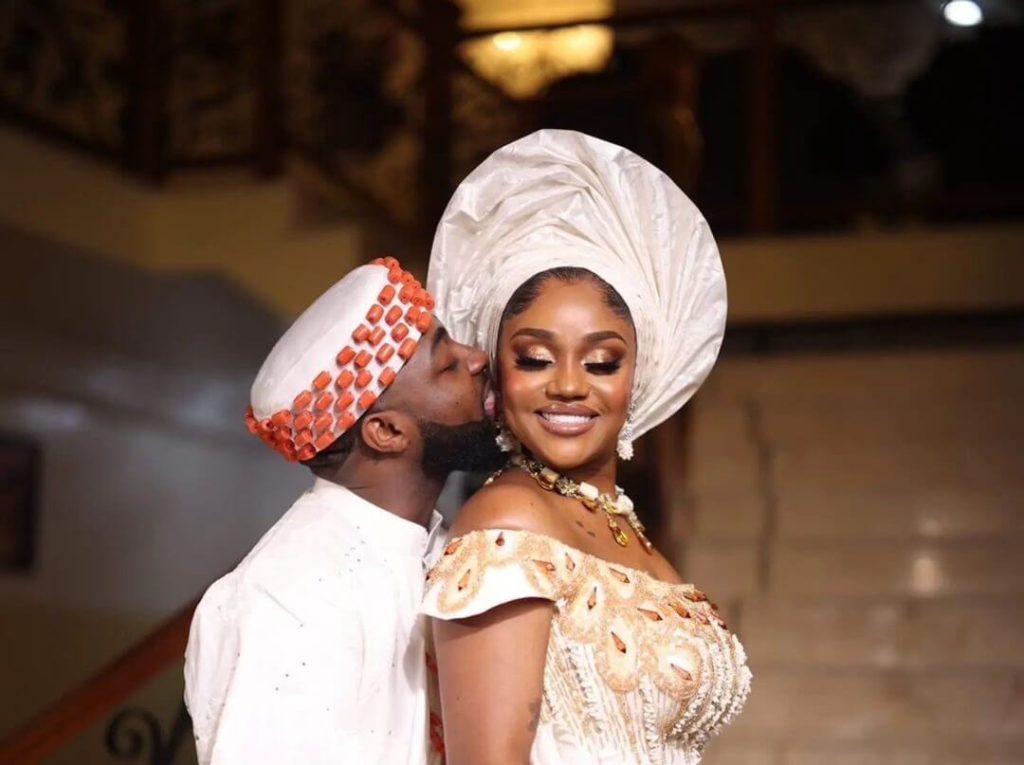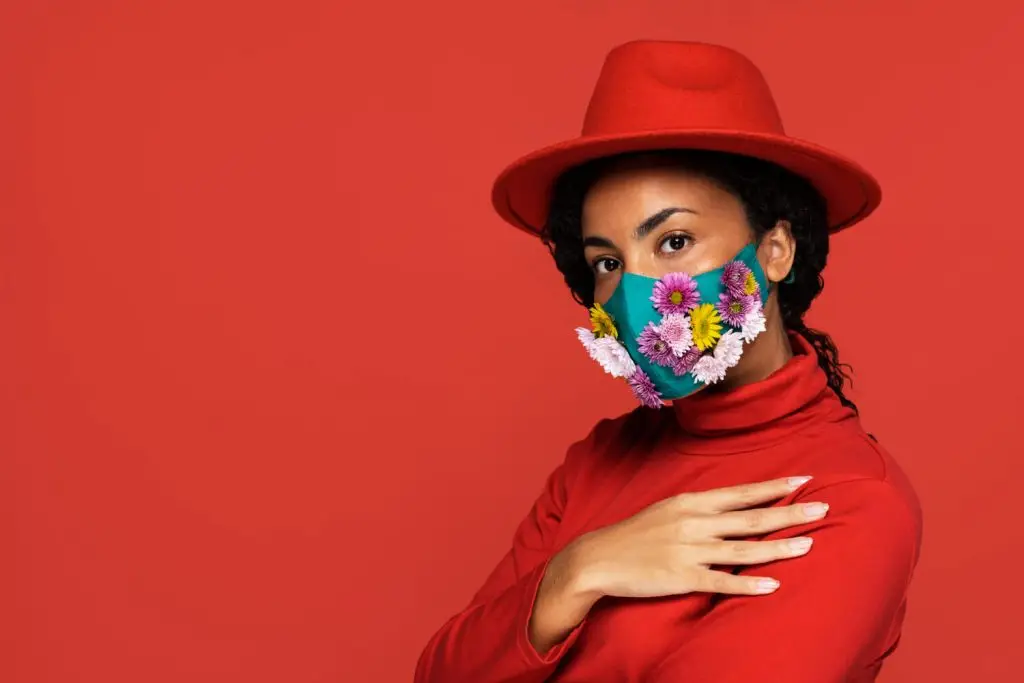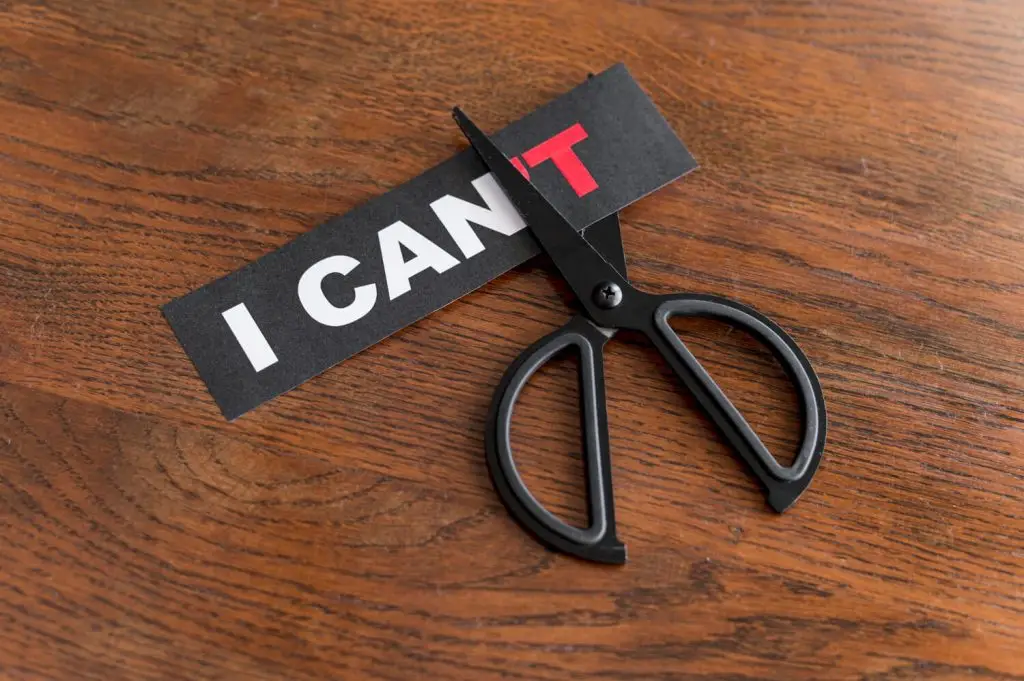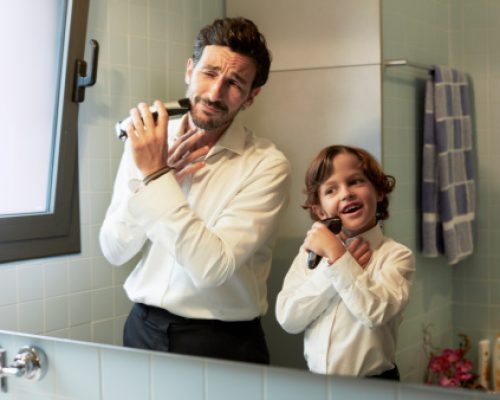The recent wedding of Nigerian music star, Davido, and his long-time partner, Chioma, has sparked a wave of celebration, even though they have had children together out of wedlock. This happy occasion highlights a troubling paradox: Why do we judge “ordinary” people so harshly for similar life choices, while celebrities like Davido get a free pass? This selective outrage isn’t just limited to relationships; it permeates our society, influencing how we view everyone from politicians to pastors.
Double Standards in the Limelight: The Celebrity Exception

Celebrities, whether musicians like Davido or actors live in a world where societal norms seem to bend. We forgive their transgressions, celebrate their unconventional choices, and idolize their lifestyles. Their wealth, fame, and influence act as a shield, deflecting the criticism that would be hurled at “ordinary” individuals for similar actions.
Think of it this way: If a regular couple had three children without marrying, they might face judgment and ostracism. But when Davido and Chioma finally tie the knot, it’s a national celebration.
This isn’t unique to Davido nor is it a Nigerian thing. We see it time and time again – celebrities like Kanye West, and Kim Kardashian, and even politicians like Donald Trump are often given a pass for behaviours that would be harshly judged in others. It’s a global issue, reflecting deep-seated biases in how we judge based on status.
Related Post: Memento Mori: Facing the Uncomfortable Truth of Death
The Mask of Privilege: Selective Outrage Beyond the Red Carpet

This selective outrage extends far beyond the realm of celebrity gossip. It shapes how we judge every aspect of life.
- The Corrupt Politician: Consider the case of James Ibori, a former governor of Delta State in Nigeria. Despite being convicted of money laundering and embezzling millions of dollars, he was welcomed back as a hero upon his release from prison. Meanwhile, a young man caught stealing a phone to survive is brutally beaten by a mob.
- The Wealthy Elite: Aliko Dangote, Africa’s richest man, has been accused of exploiting workers and engaging in anti-competitive practices. Yet, he is lauded as a business icon and philanthropist. A street vendor struggling to make ends meet, on the other hand, is often viewed with disdain and suspicion.
- Gender Bias: Tiwa Savage, a popular Nigerian singer, faced a torrent of online abuse and slut-shaming after a sex tape was leaked, while the male involved in the video faced minimal backlash. This double standard highlights the deeply ingrained sexism in our society.
These examples reveal a disturbing pattern: those with power, wealth, or social status are often held to a different, more lenient standard than everyday individuals. Their actions are excused, rationalized, or simply ignored, while the transgressions of “ordinary” people are met with swift and harsh judgment.
The Psychology of Selective Outrage: Why We Judge Differently

Why do we engage in this selective outrage? The reasons are more interesting than you can imagine.
- Social Comparison: We naturally compare ourselves to those we perceive as being in our social circle. This leads us to judge those closest to us more harshly, as their successes or failures feel more personal and threatening to our self-esteem.
- Aspirational Figures: Celebrities and politicians often embody our aspirations for wealth, power, and success. We may subconsciously excuse their behaviour because we secretly desire their lives
- Cognitive Dissonance: When our actions or beliefs contradict our values, we experience cognitive dissonance – an uncomfortable mental state that we seek to resolve. We may rationalize or downplay the bad behaviour of those we admire to maintain our positive image of them.
- Power Dynamics: We may be hesitant to criticize those in power due to fear of repercussions or a desire to maintain social order. Challenging authority figures can feel risky, so we often remain silent or even defend their actions.
Related Post: Existential Crisis: Finding Meaning When Life Loses Its Purpose
Breaking Free from the Cycle: How to Challenge Selective Outrage

It’s time to break free from this cycle of selective outrage. We need to hold all individuals accountable for their actions, regardless of their social status or position of power. We must demand transparency, integrity, and ethical behaviour from our leaders, celebrities, and ourselves.
This means;
- Questioning our biases: Are we judging people based on their actions or their social standing? Are we holding ourselves to the same standards we expect of others?
- Holding the powerful accountable: Demanding that politicians and public figures face consequences for their misdeeds, regardless of their popularity or influence.
- Amplifying marginalized voices: Listening to and supporting those who have been silenced or marginalized by societal double standards.
- Redefining our values: Shifting our focus from superficial judgments to a deeper understanding of human behaviour and societal issues.
A Call for Fairness & Equality
Yes, Davido’s wedding is a rumour mill for many. But it is also a chance to reflect as a society, challenge the inequities, and demand accountability from everyone. Society’s selective outrage stems from unequal power and privilege. By challenging this and demanding accountability, we can create a Nigeria where everyone is treated fairly, regardless of fame or fortune.
Do you recognize this selective outrage in yourself or your community? Share your experiences in the comments – let’s start a conversation.


10 thoughts on “Davido’s Wedding and Society’s Selective Outrage: Unmasking the Double Standards in Our Judgments”
This is very true, I believe it is the root cause of our problems in this country.
When people are treated differently because of their status, it encourages them to do more evil.
Sadly, this is the reality of our society currently. Thank you for sharing your opinion
This is the sad truth.
Thank you for mentioning gender bias as one typical example of bias. It’s not talked about enough.
That gender bias is also a terrible one
Sadly, this is very true. People are not held accountable for their actions because of their “status”, and this cannot lead us to have a better society.
💗💗💗
Exactly!
Exactly! It’s serves as an encouragement and it kinda deprive them wanting to act moral.
Exactly. After all, what is good for the goose…
My thoughts exactly, especially
believers reposting their pictures lol
That one is a worse eyesore